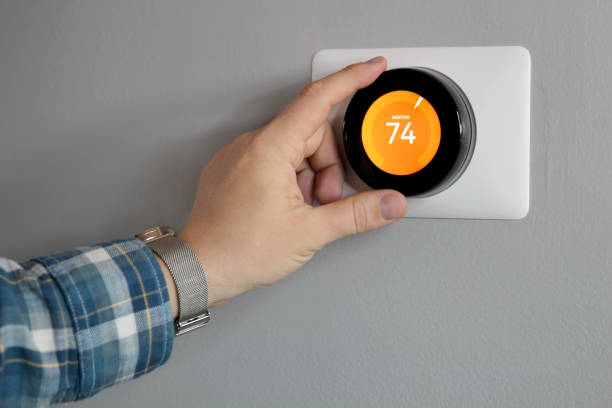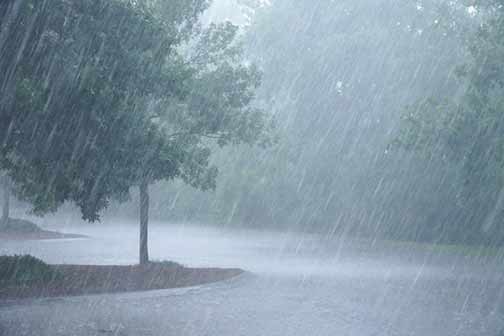Understanding the Impact of Extreme Weather on Your Plumbing System
Extreme weather conditions, ranging from freezing winters to sweltering summers, can have a profound impact on your home’s plumbing system. The fluctuating temperatures, heavy rainfall, and other weather phenomena can cause pipes to freeze, burst, or deteriorate, leading to costly repairs and inconveniences. Understanding these impacts is the first step towards safeguarding your home effectively.
Identifying Vulnerable Areas in Your Plumbing System
Not all parts of your plumbing system are equally susceptible to extreme weather. Identifying the vulnerable areas such as exposed pipes, outdoor faucets, and regions with poor insulation can help you prioritize your protective measures. Furthermore, areas of the home like basements, garages, and attics often require additional attention as they may not have the same level of heating as other parts of the house.
Insulating Pipes for Winter Weather
One of the most effective ways to protect your plumbing system during winter is to insulate your pipes. Insulating materials such as foam sleeves and fiberglass can help maintain a stable temperature within the pipes, preventing them from freezing and bursting. Additionally, heating cables can be wrapped around pipes for added protection in particularly cold climates. Ensuring your entire plumbing system, especially the exposed pipes, is well insulated is crucial.
Maintaining Your Water Heater
Your water heater plays a pivotal role in your overall plumbing system, especially during the colder months. Regular maintenance, including inspecting the heater for any signs of wear and tear, draining the tank to remove sediment build-up, and ensuring the pressure relief valve is functioning correctly, can improve its efficiency and lifespan. Investing in a water heater blanket can also help in retaining heat and reducing energy consumption.
Shutting Off Outdoor Faucets and Draining Hoses
Before the cold weather hits, it’s essential to shut off outdoor faucets and drain any attached hoses. Water left inside hoses can freeze and expand, causing damage not only to the hose itself but also potentially to the connected pipes. Storing hoses indoors and covering outdoor faucets with insulated covers can prevent freezing and subsequent issues.
Preparing for Heavy Rain and Flooding
In regions prone to heavy rain and flooding, it’s crucial to ensure that your plumbing system can handle excess water. Regularly clean your gutters, downspouts, and drainage systems to prevent clogs. Additionally, installing backflow valves can prevent sewage from backing up into your home during a heavy downpour. It’s also wise to have a sump pump installed in your basement to keep it dry and prevent water damage.

Managing Your Home’s Temperature
Keeping your home at a consistent, moderate temperature can significantly protect your plumbing. During extreme cold, avoid turning the thermostat too low, even if you’re away from home. This helps to keep the indoor temperature above the freezing point, preventing your pipes from freezing. For enhanced protection, consider using a smart thermostat that can adjust temperatures automatically based on weather conditions and your schedule.
Professional Plumbing Inspections
Hiring a professional plumber to inspect your plumbing system before extreme weather conditions can save you from unexpected issues and repairs. A plumber can check for potential problems, provide expert advice on necessary upgrades, and ensure that your system is in optimal condition to withstand harsh weather. Regular inspections can also help in identifying minor issues before they turn into major, costly repairs.
Seasonal Maintenance Schedules
Creating and adhering to a seasonal maintenance schedule for your plumbing system is a proactive approach to ensure its longevity and efficiency. This includes tasks such as insulating pipes before winter, checking and repairing leaks during spring, maintaining cooling systems during summer, and preparing drainage systems for fall. Consistent maintenance helps in addressing seasonal challenges timely and effectively.
Emergency Preparedness Plan
Despite the best preparations, emergencies can still occur. Having an emergency preparedness plan that includes knowing how to shut off the main water valve, having contact information for emergency plumbing services, and keeping basic plumbing tools handy can help in mitigating damage and ensuring a swift response. Educate your family members on the plan so everyone is ready to act if an emergency arises.
To Sum It Up
Preparing your home for extreme weather involves a comprehensive approach to ensure your plumbing system remains functional and efficient. By understanding the potential impacts, identifying vulnerable areas, and taking proactive measures like insulating pipes, maintaining your water heater, and preparing for heavy rain, you can protect your home from costly damages.
Regular professional inspections and seasonal maintenance further enhance your home’s resilience. Finally, having an emergency preparedness plan ensures you are ready for any unexpected situations, keeping your home safe and secure in the face of extreme weather.


